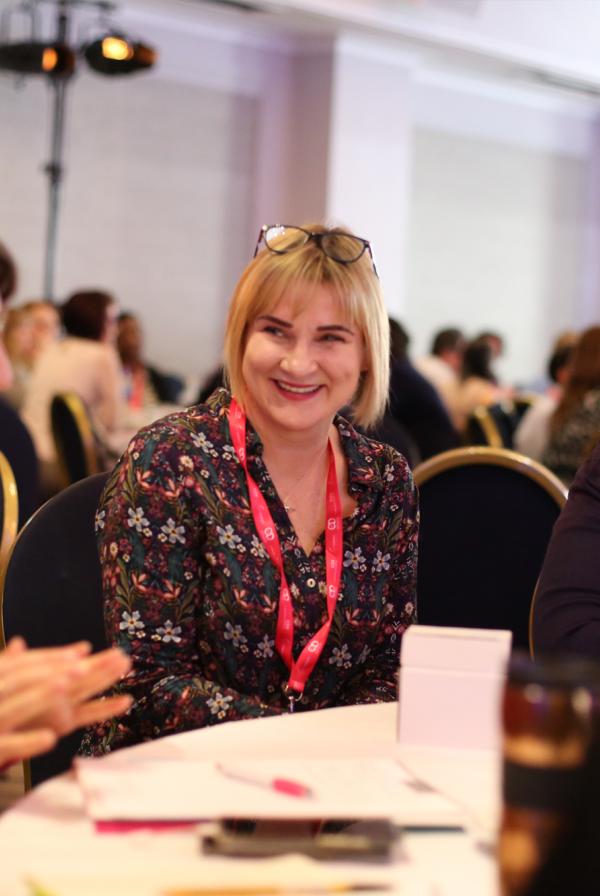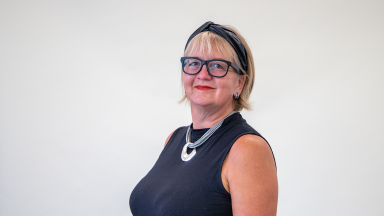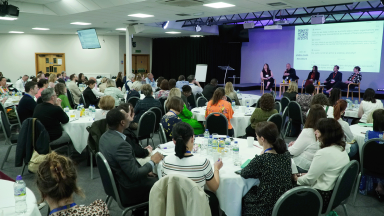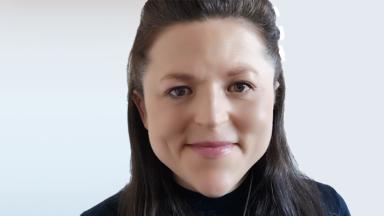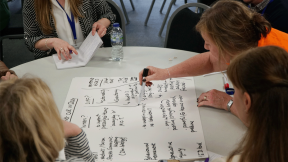Do OD
Do OD is the expert resource on Organisation Development (OD) for health and care.
Do OD supports those who develop organisations and systems to be better practitioners and make a positive impact on patient care. We place the ambitions of the NHS People Plan at the heart of our work, taking a systems approach and clearly demonstrating our values of curiosity, creativity, courage and co-production in all we do. We strive for practitioners to raise the ambition of OD and deepen our practice.
Join our thriving Do OD network to connect with others and be first to hear about our latest news, updates, events and development opportunities.
Know OD, Be OD, Do OD.
